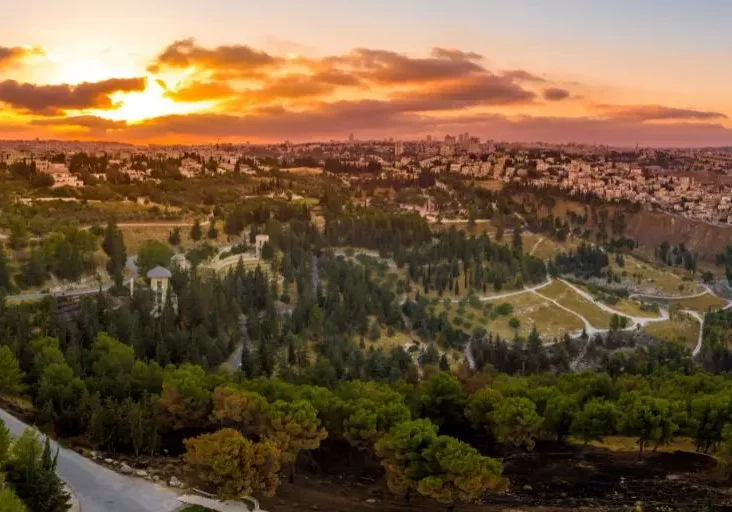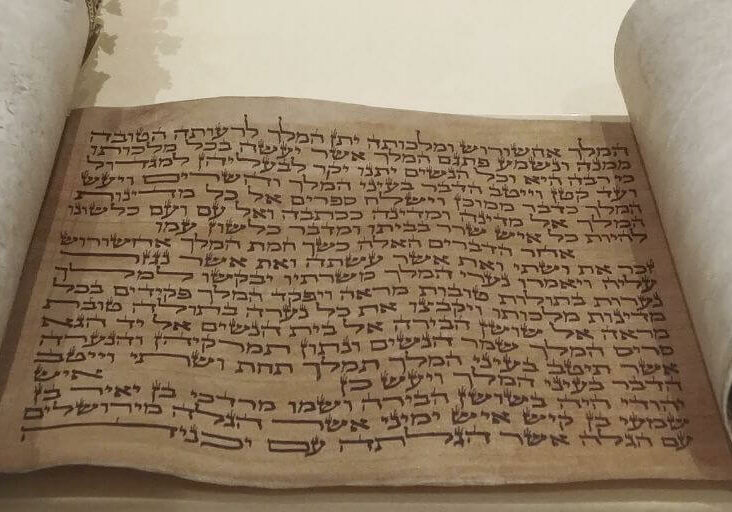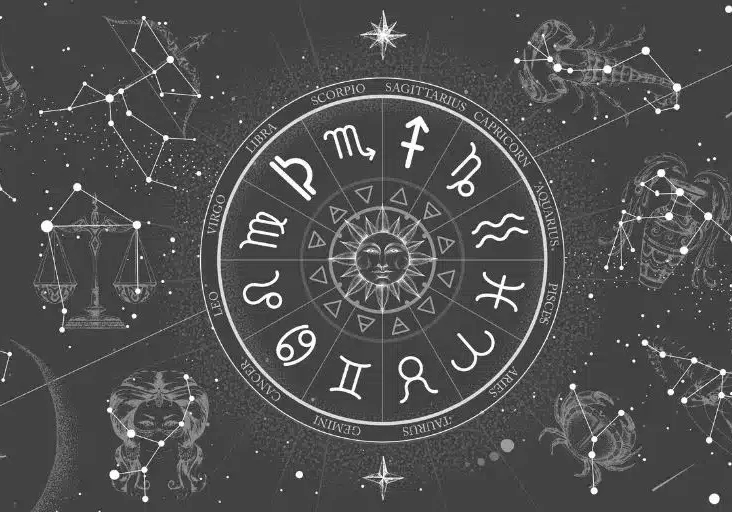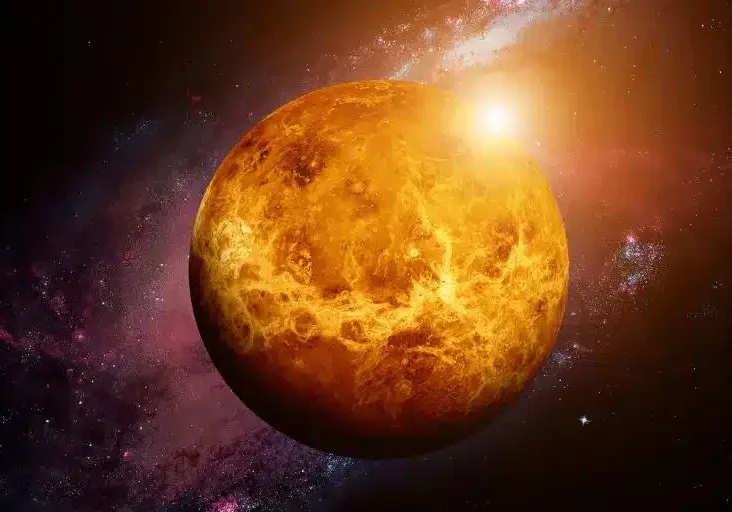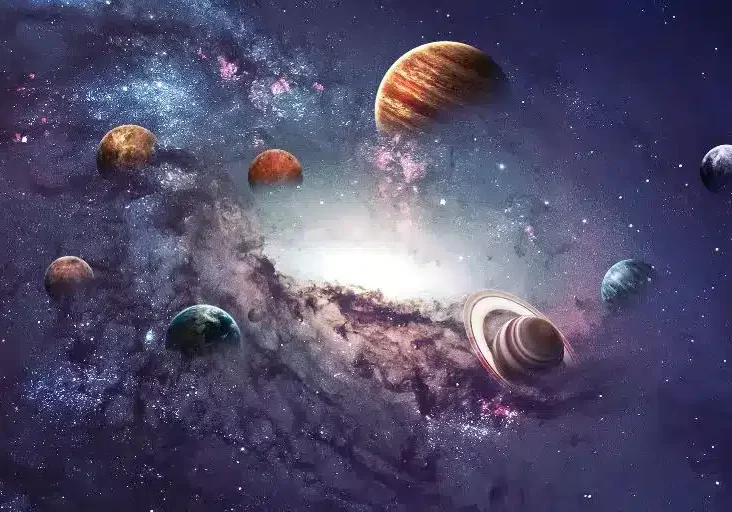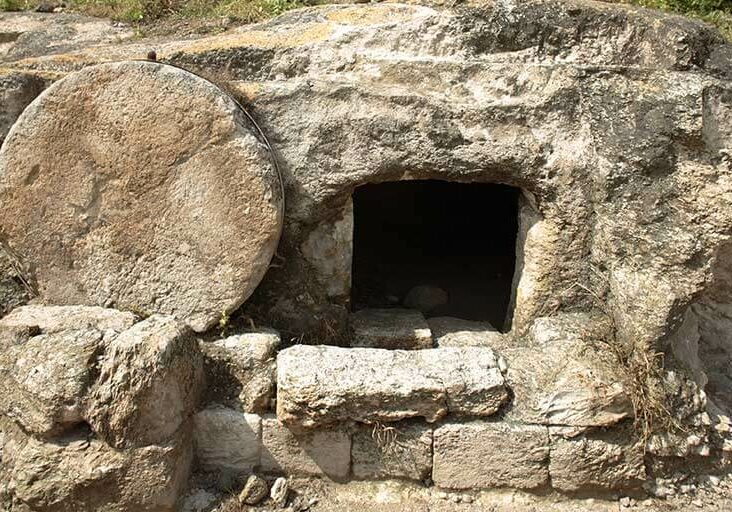ARTICLES

is part of The John Ankerberg Show’s 40 year mission to help provide “Real Answers to Real Questions” about the Christian faith. This collection of articles and videos directly address specific questions that viewers have asked us over the last few years. Browse these resources to see if we tackled a topic you’ve questioned as well.
Apologetics
Through our apologetic resources you'll learn Christianity rests solidly on facts you can use to defend your faith against skeptics and people who discredit your faith.
Bible
Learn how the Bible stands tall in the field of “historic” literature, how it continues to be relevant in an ever-changing world, how the Christian can understand it as the Word of God, and why it can be trusted.
Christian Living
What does it mean to live as a follower of Jesus in your everyday? How do we pray as Jesus taught us to pray? What is discipleship? Explore this category for discussions of topics relevant to everyday Christian living.
Sorry, we couldn't find any posts. Please try a different search.
Occult
Gain a biblical perspective on groups who practice mysticism and magic, and learn how to counter the attacks of the devil and stand strong in our faith.
Prophecy
More than one fourth of the Bible is prophetic in nature. Read through various interpretations, and learn what God’s Word has to say about the future.
Sorry, we couldn't find any posts. Please try a different search.
Religions
Learn what other religions believe about God, Jesus, salvation in Christ, and other doctrines so you can more effectively witness to them.
Sorry, we couldn't find any posts. Please try a different search.
RESURRECTION
Paul says that if Christ has not risen, then your faith is futile. Learn the facts about Jesus’ resurrection and what that means for us today.
Salvation
There is salvation in no other name than the name of Jesus. Learn what you must do to be saved, and what it means for the remainder of your life.
Science
Articles that reflect on science to teach us more about God and how the world around us reveals Him.
Society and Culture
The Bible has much to say about how we live within our social and cultural environment.
Trinity
Our God is revealed to us as three “persons” –– Father, Son, and Holy Spirit –– each one bringing to us an ever-expanding understanding of our salvation.
WORLDVIEW
Learn about different philosophies or ways of looking at the world so that you can more effectively witness to those who hold these particular ideas.
Sorry, we couldn't find any posts. Please try a different search.
Looking For Our Older Content?
PRINTABLE RESOURCES
Infographics and helpful resources available for you to print out for your own personal study, or to share with a small group.

Revelation at a Glance

Jesus Return vs Rapture

Four-Views-on-the-Rapture

Jesus’ 7 Cries from the Cross Infographic

Christ Among Other gods Infographic

Names of the Jesus Christmas Advent Download

A Self-Examination of Personal Sin

Names of the Holy Spirit Download

The Facts on Near-Death Experiences





